For which purposes is Scala mainly used?
When we look at GitHub it’s obvious that most of the life is around Spark, Akka and Kafka. Scala is therefore quite popular in bigdata and distributed applications.
What are the advantages of Scala?
1. Running over JVM – interoperability with Java, the ability to use the current infrastructure.
2. Rich type system – greater expressing possibilities give the compiler more space to detect errors at compile time.
3. Supports both object and functional approach – we can use it as a better Java but also as a functional programming language.
What are the disadvantages of Scala?
Scala’s biggest advantages are unfortunately also its disadvantages.
1. Running over JVM primarily developed for the Java object language, you need to compromise.
2. Rich type system – complexity, inference does not work as well as in Haskell (reason: points 1 and 2).
3. Supports both object and functional approach – x ways to handle one thing, problem with inference (see point 2).
The language is extensive and fairly complex, where one thing can be solved in many ways. Many libraries use a rather functional approach and need to be prepared for it.
Are there any programming languages that are close to Scala?
At a glance, Swift, Rust and Kotlin are available which have a similar syntax and a similar subset of functionalities. However, thanks to the high-kinded types and the ad hoc polymorphism, in the case of functional access, it is closer to languages such as Haskell, one of its inspirations.
What should a person want to learn about Scala?
He should be interested in a functional programming and not be afraid of Haskel where
functionalist approaches are often better described.
Are there any good online Scala courses for beginners?
There are many quality courses on the Internet such as Coursera, Code Academy and many other.
What is Scala’s future in your opinion?
Scala 3 is expected, based on the new experimental Dotty compiler, to bring many improvements. But I do not think we would have seen any major increase in Scala-based projects. We currently have many new popular languages such as Go, Rust, Swift and Kotlin that are backed by large corporations. Mainly, Kontlin seized many developers from Scala who wanted to have a lighter Java rather than a new functional programming language.

